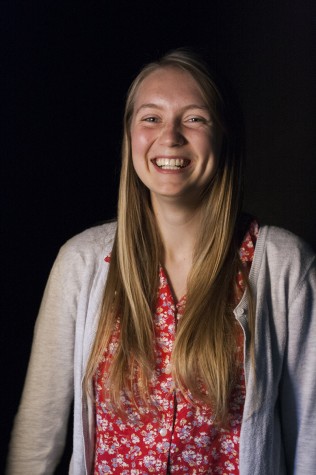Bob Johnson: War, Politics and Membrane Biology
In the years following the escalation of the Vietnam War, American men out of school were as drafted as a prolific architect’s blueprints portfolio. Ann Arbor resident Bob Johnson took the draft and built a life.
Out of school and out of ideas, the 20-something newly-married Johnson had no idea what he wanted to do in life. He had a biology degree and an interest in theater but ended up on the conscription list. “I was just so stupid for letting myself get drafted,” he says. “But it turned out to be a good thing because… I realized that if you don’t get a grip on life, life will get a grip on you.
Life sent him to basic training, where he and a cross section of able-bodied young American men were given boots and guns and taught how to kill. It was for him a skill he would never need. “There was no chance that people like me would get sent into combat; they sent the nineteen-year-olds into combat. The nineteen-year-olds were less mature. Or maybe just less scared.”
Upon graduating from boot camp, Johnson, biology degree and independence in tow, was sent to a military research lab in San Francisco. “It was the closest thing to heaven. San Francisco is the most wonderful city and doing scientific research is the most wonderful job.”
Scientific research became more than just an army assignment–it was the rest of his working life. From San Francisco, he moved to New York and got a Ph.D, a fellowship and eventually a job offer at Wayne State University in Detroit, Michigan. He and his wife moved to Ann Arbor for her to attend graduate school at the University of Michigan and have been residents ever since.
At Wayne State, Johnson began the long and difficult climb up the tenure track. “I published papers and got a grant so they made me an assistant professor… about half of the people who start out on the track actually get to the end.” Johnson got to the end, where what he describes as “the golden age of membrane biology” was waiting. At that time, he says, “people were just used to be beginning to understand what membranes do. There were a lot of proteins going around so you could be the first person to describe a protein.” He was.
“I remember a student was working in the lab and was running gels in certain circumstances. I remember looking at [the gel] and just knowing that it was new.” Johnson had found a new type of phosphate-modified red blood cell membrane protein 7.2. “For a few moments, I was the only person in the world that knew that.”
Minor eureka moments like that are what made science not just bearable but wonderful for Johnson. “If you didn’t have moments like that, it would just be a tedious grind.” For him the epiphanies and the people are what bring hours and years of meticulous repetition and spreadsheets upon spreadsheets of data to their place in the body of scientific knowledge.
Johnson says science is also about persuasion. “You can do the most brilliant experiment in the world but if you don’t convince anybody of it, the project won’t count.” He says it’s similar in many ways to politics, and he would know; Johnson served on Ann Arbor City Council from 2000 to 2007.
During those years, he won some and lost some. “I’m proud that I got a living wage for some guys working in the recycling facility. I introduced the idea of nature reserves so they don’t get developed by the city itself. I spent a lot of time trying to make downtown development a little bit more sensible than it was, but I think that’s a battle that we lost.” The wins, however, last beyond his term in office and come from the scientific principle of persuasion.
“They are identical,” says Johnson of politics and biology. “Except that science has an absolutely scrupulous regard for the truth and politics doesn’t.”
Balancing science and politics wasn’t easy. With commuting, a full-time research appointment (biological phenomena don’t take nights and weekends off,) and a duty to his Ward 1 constituents, it was hard to find time to rest and reflect. Now retired, he has the time to think back. “What occurs to me lately is that what a gift it is to have a student work in your lab. You realize that for someone who is in a Ph.D program and wants to be a scientist… this is worth their life.”




